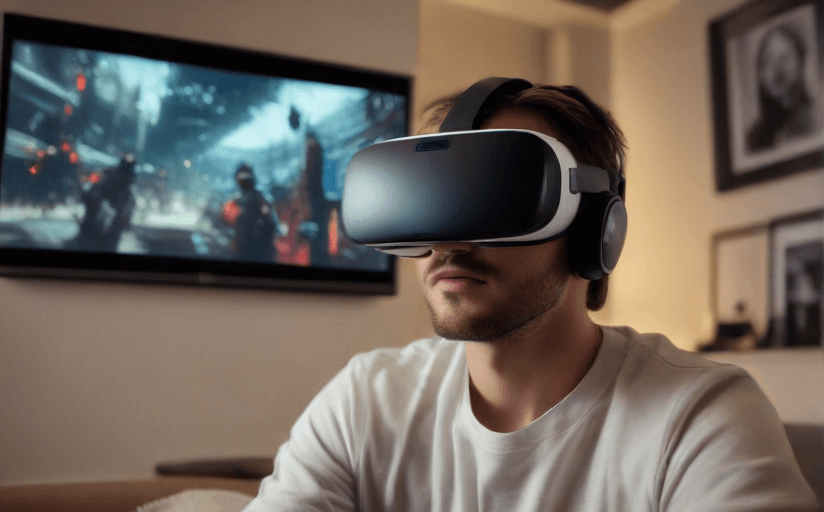Virtual Reality: Revolutionizing Movie Watching Experience
As we progress into the 21st century, technological advancements continue to redefine our experiences. One technological innovation that has attracted considerable attention in recent years is Virtual Reality (VR). While VR has pervasive potential across various sectors, its foray into the entertainment industry, more specifically the movie sector, has been creating waves of discussions. This article aims to enlighten readers on how VR is reinventing the cinematic experience.
VR in Movies: A New Experience
Imagine being on the battlefield, feeling the palpable tension in the air while watching a war film or standing amidst the grandeur of an awe-inspiring alien planet in a sci-fi movie. This is the potential of VR-enabled movie watching. It elevates viewers from being mere spectators to active participants in the film's narrative, fully immersing them into the story's world.
Advantages
Virtual Reality brings an unparalleled level of immersion, making viewers feel as if they are part of the action. This immersive VR environment can also push emotional responses to greater heights, thus providing a deeply visceral experience. VR technology also offers personalized watching experiences where one viewer’s perspective may be entirely different from another's, which is a stark contrast to traditional viewing experiences.
Challenges
However, VR does not come without challenges. Filmmakers need to acquire the technical expertise to create engaging, high-quality VR content. Equipment costs can be high, and some viewers may experience nausea and disorientation after using VR. Additionally, navigating the balance between viewer interaction and storytelling can be tricky.
Consumer Responses to VR-Enabled Movies
The response to VR movies has been fairly positive, with many viewers appreciating the immersive experience. This is reflected in the increasing number of VR cinemas worldwide. However, reactions also vary. Some viewers discomfort towards physical disorientation and the solitary nature of the VR experience has been observed.
Conclusion: Future Prospects
The potential implications for filmmakers and the broader industry are immense. As technology continues to evolve, we may see VR emerge as a standard in cinematic storytelling. While the traditional film watching experience has its charm, the unparalleled immersion and engagement potential of VR technology cannot be underestimated.



















Comments
Leave a Comment